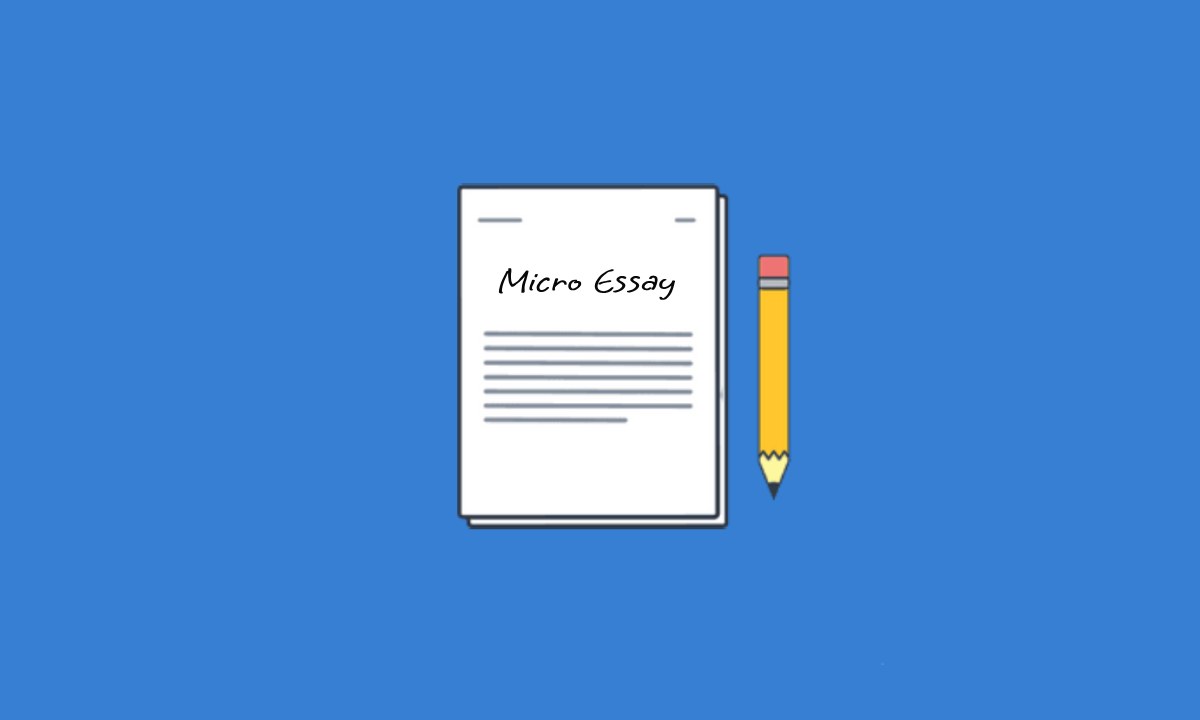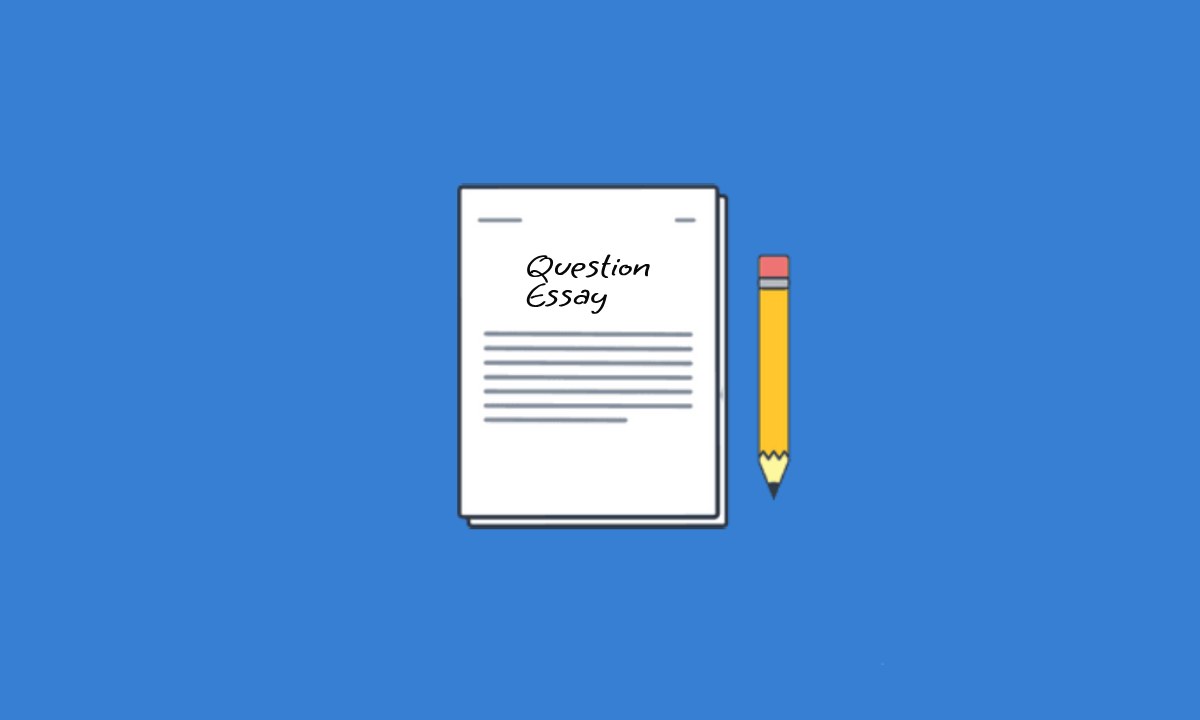What is a College Essay?
A college essay is a written piece submitted as part of a college application, where students showcase their personality, experiences, and goals. It helps admissions officers get to know applicants beyond their academic achievements.
College Essay Structure:
The structure of a successful college essay can be outlined as follows:
1. Engaging Introduction:
Hook: Start with a captivating moment, observation, or anecdote that draws the reader in.
Context: Briefly introduce the main topic or experience that will shape the essay.
Transition to Main Theme: Introduce the central challenge, passion, or personal trait that defines the essay’s journey.
2. Personal Story or Experience:
Detailed Narrative: Dive into a specific personal story, showing the writer’s background, growth, or struggle.
Emotions & Struggles: Describe challenges or difficulties faced during the experience. Highlight emotions (frustration, uncertainty, excitement) to make the experience more relatable.
Turning Point: Show a moment of realization, discovery, or growth, often where the writer begins to understand a deeper lesson about themselves.
3. Reflection & Growth:
Lessons Learned: Explain the personal growth, transformation, or skills developed through overcoming the challenge or experience.
Broader Application: Connect these lessons to other areas of life, such as academic pursuits, extracurricular activities, or future aspirations.
Persistence & Perseverance: Emphasize resilience and the value of continuing through difficulties, demonstrating qualities like patience and determination.
4. Connection to Future Aspirations:
Relevance to College: Relate the personal growth and lessons to what the student hopes to bring to their college experience. This might include specific academic interests, extracurricular goals, or values the student will contribute to the campus.
Forward-Looking Statement: Conclude with a look toward future challenges or opportunities, showing how the experiences have prepared the writer for the next stage in life.
5. Strong Conclusion:
Reinforcement of Main Theme: Summarize the key insights or lessons from the narrative.
Impactful Closing Thought: End on a reflective or forward-thinking note, leaving the reader with a lasting impression of the writer’s growth and potential.
This structure allows the essay to blend storytelling with reflection, creating a narrative that is both engaging and introspective, showcasing the applicant’s unique personality and readiness for college.
How to Write a College Essay?
Writing a college essay involves several key steps to ensure that your submission is engaging, personal, and effective. Here’s a guide to help you through the process:
1. Understand the Prompt:
Read Carefully: Ensure you fully understand what the essay prompt is asking. Look for keywords and themes to address.
Clarify Requirements: Note any specific instructions, such as word count or format.
2. Brainstorm Ideas:
Reflect on Experiences: Think about significant experiences, achievements, or challenges that have shaped you.
Identify Themes: Consider common themes like personal growth, overcoming obstacles, or unique interests.
3. Create an Outline:
Introduction: Draft a hook that grabs attention, and introduce the main theme or story.
Body Paragraphs: Organize your experiences and reflections into a coherent structure. Each paragraph should focus on a specific aspect of the story or theme.
Conclusion: Summarize the key points and reflect on what you’ve learned or how you’ve grown.
4. Write the First Draft:
Use a Strong Opening: Start with an engaging anecdote or a compelling statement to draw in the reader.
Show, Don’t Just Tell: Use descriptive language and specific examples to illustrate your points.
Be Authentic: Write in your natural voice and stay true to your personality.
5. Revise and Edit:
Take a Break: After writing the first draft, take a break before revising to approach the essay with fresh eyes.
Seek Feedback: Share your essay with teachers, friends, or family for constructive criticism.
Refine Content: Ensure clarity, coherence, and consistency. Remove any unnecessary details or repetition.
Check Grammar and Style: Proofread for spelling, grammar, and punctuation errors. Use tools and resources to help with this.
6. Focus on Specifics:
Tailor to Each College: Customize your essay to reflect how you fit with the specific college’s values, culture, or programs if applicable.
Highlight Unique Aspects: Emphasize what makes you different from other applicants.
7. Finalize Your Essay:
Ensure Adherence to Guidelines: Double-check that your essay meets all the prompt requirements and formatting rules.
Polish the Language: Make sure your essay is well-written, engaging, and free of errors.
8. Submit with Confidence:
Review Submission Requirements: Ensure you understand the submission process and deadlines.
Submit on Time: Complete all required forms and submit your essay before the deadline.
How Long Should a College Essay Be?
The length of a college essay typically varies by application type. For the Common Application, essays should be between 500 and 650 words. University-specific prompts often range from 250 to 500 words, so it’s crucial to follow each institution’s guidelines. Supplemental essays generally fall between 150 and 300 words. Regardless of the length, it’s important to adhere to the specified word limits, use the space effectively, and focus on quality over quantity. Always verify the exact requirements for each college to ensure compliance.
College Essay Format
A typical college essay format includes the following:
Font and Size: Use a readable font like Times New Roman, 12-point size.
Margins: 1-inch margins on all sides.
Spacing: Double-spaced throughout the essay.
Title: Optional, but if used, place it at the top of the first page.
Indentation: Indent the first line of each paragraph by 0.5 inches.
Length: Usually between 250-650 words, depending on the prompt requirements.
College Essay Tips:
Below are some effective tips for writing a strong college essay:
1. Start Early:
Give yourself plenty of time to brainstorm, write, and revise multiple drafts. Starting early reduces stress and allows for thoughtful reflection.
2. Be Authentic:
Write in your voice. Be genuine and let your personality shine through. Admission officers want to understand who you are, not a version you think they want.
3. Tell a Story:
Instead of listing achievements or qualities, share a specific story or moment that illustrates them. Use vivid details to bring the reader into your experience.
4. Focus on Reflection:
It’s not just about what happened but what you learned. Reflect on how an event or experience shaped your character, values, or aspirations.
5. Answer the Prompt:
Make sure your essay addresses the specific prompt. Stay focused on the topic to show that you can follow directions and engage with the question.
6. Show Growth:
Highlight personal development, how you faced challenges, and how you’ve evolved over time. Colleges are looking for students who are open to growth and learning.
7. Be Concise:
Keep your writing clear and to the point. Avoid unnecessary repetition or overly complex language. Your essay should flow smoothly.
8. Use Active Voice:
Active voice makes your writing more engaging. Instead of “the lesson was learned by me,” write “I learned the lesson.”
9. Avoid Clichés:
Avoid overused phrases or topics that don’t reveal anything new about you. Be specific and original in your approach.
10. Revise, Revise, Revise:
Don’t be afraid to rewrite or significantly alter your essay. Seek feedback from teachers, friends, or family, but ensure the essay still reflects your voice.
11. Proofread Carefully:
Spelling, grammar, and punctuation errors can distract from your message. Review your essay multiple times and consider using grammar tools for final checks.
12. Keep the Focus on You:
Even if your essay involves other people or experiences, make sure the focus remains on your own thoughts, feelings, and growth.
13. Stay Positive:
While it’s okay to talk about challenges or struggles, aim to keep the overall tone positive and forward-looking. Focus on what you learned and how you grew.
14. Tailor for Specific Schools:
If applying to multiple schools, make sure to customize each essay based on the prompt and what that specific college values.
15. Conclude Strongly:
End with a memorable statement or reflection. A strong conclusion ties the essay together and leaves a lasting impression.
College Essay Examples
Below are three examples of college essays, each illustrating different approaches and themes.
1. Overcoming Challenges:
Prompt: Describe a challenge you faced and how you overcame it.
Essay:
During my sophomore year, I faced one of the toughest challenges of my life: the sudden death of my grandmother, who had been a cornerstone of my support system. The news hit me like a tidal wave, leaving me overwhelmed with grief and a sense of helplessness. In the weeks following her death, my grades began to slip, and I found it difficult to focus on anything but my sorrow.
One day, while cleaning out her attic, I discovered a box filled with her old paintings and sketches. My grandmother had always encouraged my artistic pursuits, and seeing her work ignited a spark within me. I decided to channel my grief into art, dedicating myself to a series of paintings inspired by her life and our shared memories.
The process was therapeutic. As I painted, I felt a sense of connection to her that helped me navigate through my grief. I poured my emotions into every brushstroke, creating a gallery of work that reflected our bond and her influence on my life. Through this project, I not only honored her memory but also rediscovered my passion for art.
This experience taught me resilience and the power of creative expression as a coping mechanism. It also reinforced my commitment to pursuing art in my future studies, where I hope to continue exploring its therapeutic potential and its ability to convey complex emotions.
2. Personal Growth and Discovery:
Prompt: Share an experience that has significantly shaped who you are today.
Essay:
I’ve always been fascinated by the idea of exploration and discovery. This fascination led me to join a local environmental club during my junior year, where I participated in a project to restore a neglected urban park. At first, the task seemed daunting—clearing debris, planting native species, and revitalizing the space required more effort than I had anticipated.
One day, while working in the park, I encountered a community member who shared stories of the park’s past significance and the impact of our restoration efforts. Her words struck a chord with me, revealing the deep connection between community and environment. I realized that our work was not just about physical restoration but also about rekindling a sense of pride and belonging for the local residents.
This realization transformed my approach to the project. I began to engage more deeply with the community, organizing events and workshops to involve others in our efforts. The experience not only taught me about environmental stewardship but also about the importance of community engagement and leadership.
The project’s success and the positive feedback from the community fueled my passion for environmental science and community service. It instilled in me a sense of purpose and a desire to make a meaningful impact, which I plan to carry forward in my academic and career pursuits.
3. Unique Interests and Personal Passion:
Prompt: Describe an activity or interest that has shaped your life.
Essay:
From the moment I first saw the bright, swirling colors of a kaleidoscope, I was entranced. As a child, I spent countless hours crafting my own kaleidoscopes from cardboard tubes and reflective paper, fascinated by the way simple materials could create intricate patterns. This early fascination evolved into a passion for optics and light.
By high school, my hobby had grown into a serious interest in physics, leading me to participate in a summer research program focused on photonics. I spent weeks working in a lab, experimenting with lenses, prisms, and lasers to explore the properties of light. The experience was both challenging and exhilarating, pushing me to develop problem-solving skills and a deeper understanding of scientific principles.
One project that particularly stood out was designing a miniature holographic display. The project required meticulous attention to detail and creativity to achieve the desired effects. Seeing my work come to life and being able to share it with others was incredibly rewarding.
This journey has solidified my desire to pursue a career in optical engineering. It has taught me the value of perseverance, creativity, and the excitement of scientific discovery. I am eager to continue exploring the fascinating world of light and optics in college and beyond.
College Essay Topics
Below are some common and creative college essay topics that can help you stand out:
Common Topics:
- Personal Growth: Describe a time when you faced a challenge or obstacle and how it helped you grow.
Significant Achievement: Write about an accomplishment that you are particularly proud of and its significance to you. - Influential Person: Discuss someone who has had a major impact on your life and how they have influenced your goals or values.
Community Involvement: Reflect on a time when you made a meaningful contribution to your community or engaged in a service project. - Intellectual Curiosity: Explain an intellectual interest or topic that excites you and how you’ve pursued it outside the classroom.
- Identity: Explore aspects of your identity, such as culture, background, or personal experiences, and how they have shaped who you are today.
Future Goals: Discuss your future aspirations and how your experiences have prepared you for your chosen field of study or career.
Creative Topics
- Unique Experience: Write about an unusual experience or a unique perspective that has influenced your view of the world.
- A Letter to Your Future Self: Compose a letter to yourself ten years from now, detailing your hopes, dreams, and where you see yourself.
- A Different Perspective: Describe an ordinary event or situation from a perspective other than your own, such as through the eyes of a different character or object.
- Favorite Book or Movie: Analyze your favorite book, movie, or work of art and discuss how it reflects or has shaped your values or interests.
- Imaginative Scenario: Imagine a world where a specific aspect of life is different (e.g., everyone has superpowers, or technology doesn’t exist) and describe how you would navigate that world.
- Unusual Talent or Hobby: Share a unique talent or hobby you have and how it reflects your personality or influences your daily life.



